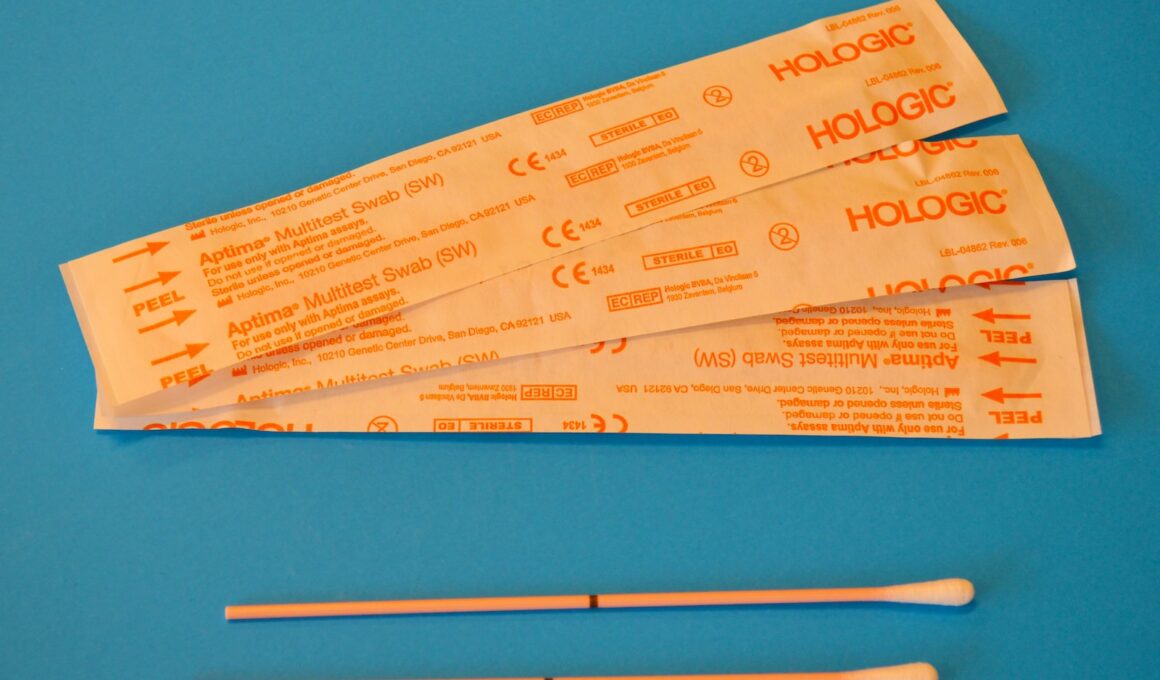Condoms prevent pregnancy and many STIs/STDs. They also prevent certain infections that spread via skin-to-skin contact or vaginal, oral, or anal sex.
Using condoms correctly is key. Choose male latex condoms rolled with the reservoir tip facing out, and use water-based lubricant. Avoid oil-based lubricants like shortening, lotion, petroleum jelly, and baby oil, which can weaken condoms and cause them to break or leak.
Genital Herpes
STIs like herpes, genital warts and syphilis can all be spread through skin-to-skin contact, including genital touching without penetration. Condoms provide varying levels of protection against these infections, as they are often spread through bodily fluids and may not completely cover all areas of the body.
Genital herpes is a sexually transmitted infection caused by the herpes simplex virus. It can cause sores around the genital area, anus or mouth. Symptoms are usually mild and don’t show up all the time, but they do return and can cause discomfort and itching. There is no cure for herpes, but medicine can ease symptoms and lower your risk of infecting others. People who have genital herpes are also at greater risk for HIV. If you have herpes and are pregnant, you can pass it on to your baby during childbirth unless you take medicines to stop the outbreak.
Syphilis is an infectious disease caused by the syphilis bacteria and spreads through vaginal, anal or oral sex. The disease can lead to serious health problems, including pelvic inflammatory disease, infertility and septic arthritis. The disease is treatable with antibiotics, but using condoms during sex and avoiding unprotected vaginal, anal or oral resex are the best ways to prevent it.
Gonorrhea is an STD caused by Neisseria gonorrhea bacteria and can spread through unprotected vaginal, anal and oral sex. The disease can have serious consequences, including pelvic inflammatory disease and infertility. Symptoms include painful, fluid-filled blisters. Most people have a single episode of gonorrhea, but it can recur and spread to others.
Syphilis
Syphilis is spread by skin-to-skin contact, including oral, anal and vaginal sex. A condom won’t stop you from contracting syphilis, but it can help to prevent it spreading to your partner.
Syphilis goes through four stages: primary, secondary, latent and tertiary. During the first two stages, you may have sores in or around your genital area (called chancres) that are firm and round and often painless. During these stages, the infection is most infectious.
Once you reach the latent stage, you have a much lower risk of transmission. But you can still be infected with syphilis and not know it, especially if your chancres don’t have symptoms. Eventually, syphilis leads to serious health complications, including damage to your heart valves. It can also cause serious birth defects in babies and miscarriage in pregnant women.
If you have syphilis, the best way to test for it is by getting a blood test from your doctor or sexual health service. They may also swab a sore to look for the disease. It is important to get tested regularly, and it’s a good idea to tell previous partners about your history so they can get tested too. Your doctor can help you decide who to tell and how. It is also a good idea to practise safe sex, use condoms and water-based lubricant during sex, and to wash your hands after every sex session.
HPV
The HPV virus is a common sexually transmitted infection (STI) that can lead to cancer, infertility and other health problems. It spreads through unprotected vaginal, anal or oral sex with someone who is infected. Condoms protect against HPV, but only if they’re used correctly and every time sex is performed.
The chlamydia and gonorrhea bacteria can also spread through unprotected sex. These STDs can cause pelvic inflammatory disease and infertility. A condom forms an impenetrable barrier and prevents fluid transmission between partners, so if both people wear them properly, these diseases won’t spread.
Syphilis is another bacterial STD that can cause serious health problems. It spreads through unprotected anal, vaginal and oral sex with someone who has a syphilis sore (also known as a chancre). Condoms can protect against the primary and secondary stages of this disease, but not the latent stage or the internal organ damage that can occur in later stages of the infection.
Many people who have genital herpes, HPV or syphilis don’t show any symptoms. As a result, they might think they’re “clean” and don’t need to use a condom when having sex. But using a condom can significantly reduce the risk of getting and passing on an infection, especially in people who have no visible lesions or other signs of STIs/STDs. Remember to put a new condom on before each sexual act and keep it on until sex is finished.
Genital Warts
Condoms, when used correctly, protect against most STIs and STDs such as gonorrhea, chlamydia, hepatitis B, HIV and syphilis. However, some STIs like trichomoniasis can still spread through skin-to-skin contact and are therefore harder to prevent with the use of condoms alone. Trichomonas is a protozoan parasite that can cause symptoms such as yellow or green vaginal discharge and itching. The infection is more common in women than men and can occur in the vulva, cervix or anus. Using male or female condoms will reduce but not eliminate the risk of contracting trichomoniasis.
Syphilis is an STD that can be transmitted through skin-to-skin contact, particularly during oral, vaginal or anal sex. In the primary stages of syphilis, a firm, round, usually painless sore called a chancre may be present. Condoms can’t fully cover the anus or vulva so condoms are less effective in preventing syphilis compared to herpes or HPV.
The HPV vaccine (a series of 2 shots) is highly effective in preventing some strains of HPV that lead to cervical cancer and is recommended for girls and boys 9 years and older. Genital warts, which can appear anywhere on the body but are commonly found in the vulva and anus, can also be prevented with the HPV vaccine. It’s important to note that although the HPV vaccine can prevent genital warts, it can’t treat them once they have formed. There are many treatment options for genital warts including creams, liquids and surgery as well as freezing the warts.





